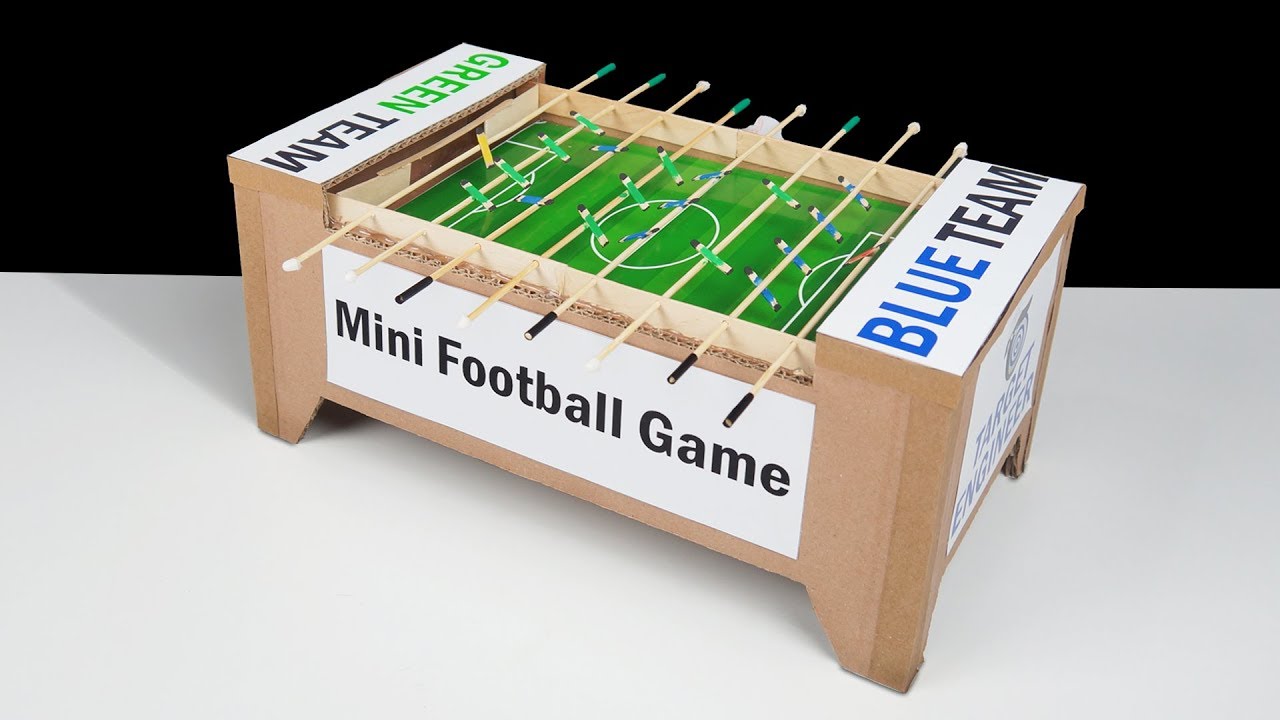
Knowing how to play soccer midfield is a crucial skill. To stop the opposing team from exploiting weaknesses, you need to win the ball. Also, you must maintain a high level of play and possession throughout the game. Here are some tips to help play midfield.
Assist the defense
The defense is an important role. As a defender, you have the chance to prevent an opponent from scoring, if you play your role effectively. You must remain calm and composed during an attack by an attacker. It will drain their energy and result in little to no results. Even when they score, the best soccer players don't lose sight of the goal. You will face many difficult situations as a soccer player.
You should play defense while being in line with the defense. You should not attempt to playmaker, but keep your duties simple. Remember the position of your team-mates and rivals. Don't get too close or too far from the attacker. It is crucial to maintain control over your position, stance, distance and overall positioning at all times. Your teammates will be able to attack if you are able to anticipate the ball.

Scoring opportunities
It's essential to create scoring opportunities while playing midfield. This can be difficult to do for some players but it's an important part of the game. A well-rounded midfielder will have the ball on the half-turn, have the ability to find gaps between defenses, and be aware of their teammates' movements. This will give them opportunities to score, and allow them to get into the box.
A good midfielder will be able to create opportunities for his team by making accurate passes to his teammates. An effective midfielder will be able not only to score goals but also help his team by being patient and supportive. By encouraging and communicating with his teammates, a good midfielder can create scoring opportunities. Additionally, a skilled midfielder can act as a coach to his teammates, encouraging them to work harder to score goals.
The ball should be kept in your hands
Any player playing soccer needs to be able to keep possession of the ball. As a player in the midfield, you will be constantly in possession and must pass the ball correctly to your teammates. You will score more goals if you pass the ball to your teammates. It will also help spread defense. The role of the go-between is what you have to do, so learning how to make accurate passes is essential.
In a typical soccer match, the players at the midfield are encouraged not only to support one other but also to work together to create numbers-up situations. To be able to react quickly and get it back, it's crucial that the ball is always at your feet. It is crucial to practice protecting the ball from counterattacks by the opposing side as the game progresses. It is important to be able, in all situations, to play from a defensive to an attacking zone.

Keep up the pace
To reach your goal of progressing in the midfield, you must keep up with what is happening. The best midfielders move fast, creating space and opportunities for their team. This allows them time to see up and decide what they need to do next. You need to be able to see the big picture and have good tactical skills. The following are some of the tips for playing midfield in soccer:
o You must be physically fit to play in midfield. As the defense against attackers, the first line of defense is the midfielders. They also set up the offense. They are also responsible for setting up the offense and passing the ball to players. A midfielder with poor fitness will be less likely to score a goal.
FAQ
What are the various types of soccer uniforms available?
There are many types of soccer uniforms available, including shorts, socks, socks, shinguards and cleats. Also included in the uniform are soccer boots or shoes. When playing soccer, wearing the correct uniform helps protect players from injury.
What does a defender do for soccer?
Defenders typically defend against attackers trying score goals. Defenders attempt to keep opposing players out of scoring positions by attacking them and blocking shots.
Can I play soccer even without special equipment?
It is possible to play soccer without special equipment. All you need is a soccer ball, a team, and teammates. You can create a team if you have friends who are interested in joining you.
What is a penalty kick?
Penalty kicks are awarded to players who commit a serious foul or make dangerous plays. A referee can award the opposing player a penalty kick when this occurs. If they are able to score the goal, this means the opposing team has a chance to score.
What happens when a goal in soccer is scored?
Once a goal has been scored, the opposing side gets a chance to kick a free ball. When the defending side commits fouls during play, free kicks can be taken. After the free kick is taken, it may result in another goal being scored.
Statistics
- From the 1850s onward, industrial workers were increasingly likely to have Saturday afternoons off work, and so many turned to the new game of football to watch or to play. (britannica.com)
- the estimated cumulative television audience for the 2006 World Cup in Germany was 26.2 billion, an average of 409 million viewers per match. (en.wikipedia.org)
- The Laws of the Game do not specify any player positions other than goalkeeper, [74] These positions are further subdivided according to the area of the field in which the player spends the most time. (en.wikipedia.org)
- The word "soccer" is a British invention that British people stopped using only about 30 years ago, according to a new paper by University of Michigan professor Stefan Szymanski. (businessinsider.com)
- They are not just good at dribbling because they are talented alone, but because they put in 100% effort during every practice. (coachtube.com)
External Links
How To
How to improve soccer passing
Passing is one of the most important skills in football (soccer). It involves moving a ball from one player to another while keeping possession. It is crucial to be able to quickly and accurately pass the ball.
Knowing the right places and times to make passes is key to learning how to pass effectively. Practice them until you are comfortable with them. There are four main categories of passes - short passes, long balls, through balls, and through passes. Short passes are often made close to the goal and aim to move the ball forward. Long balls are thrown towards the goalkeeper of the opposing team. Through balls are thrown directly in the middle of a pitch. After that, through passes are made to another member of your team who plays the ball back towards your goalkeeper.
Keep it simple when passing the ball. Make sure your teammate has enough room before he gets it. You can lose your balance and even fall if you give your teammate too much space. Always cover your teammates when playing defense. Your opponents will not be able to use your teammates to attack.
Another important thing to remember when playing is not to throw the ball away. Tossing the ball around makes it difficult to score. The other players could make use of your mistake. Always look for scoring opportunities and open spaces. You should always look for gaps in your defense and exploit them.
If you want to play better, practice every day. To prepare for your next match, you can do drills. Be sure to warm up before the game begins. You should then give it all you have during the game. Remember to keep your head cool and calm. These will make you more efficient during a game.